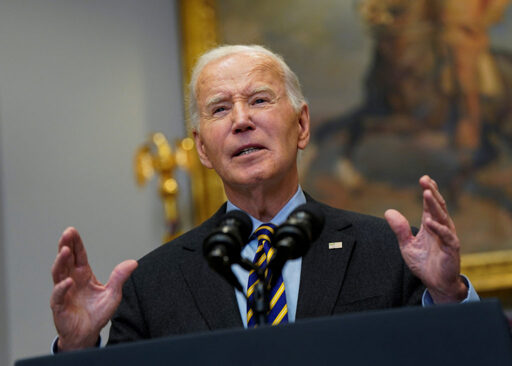Summary
President Joe Biden highlighted his administration’s economic record, citing consistent job growth and a 2.7% inflation rate drop from its 2022 peak.
December’s jobs report showed 256,000 new jobs and declining unemployment, signaling steady economic growth.
However, inflation remains above the Federal Reserve’s 2% target, and interest rates remain high, impacting homebuyers and businesses.
Public pessimism lingers on affordability as Biden passes a largely strong economy to his successor, Donald Trump.



Average savings rate, average credit card debt, number of homeowners, college enrollment rates, average net worth. Lots of measures that the news and politicians ignore.
Some of the measures you cite are irrelevant to quality of life. For example, there’s only a weak correlation between rates of home ownership and overall quality-of-life metrics. For example, Switzerland scores high on quality of life measures but has quite a low home-ownership rate. The converse also applies. And savings rate can be driven by fear of post-requirement income insecurity, and average credit card debt matters less than the cost of borrowing (if your card providers only charge 2% a year, that’s a different picture than if they charge 25%).
Though your general observation still holds: the media (and politicians) focus on a small number of metrics that aren’t relevant to most people’s lives. You just have to be selective about what additional metrics you want to add to the mix.
Averages wouldn’t work. We need some unit that returns a low number if most of the wealth is in a small number of people’s pockets.
Consider a world where one country has 99% of the world’s wealth, and 99% of that wealth inside that country is held by 1 person, with everyone else literally struggling to feed themselves.
An average net worth for the country would show the country as having a very good economy. But, in fact, the economy is terrible. Because it benefits only one person. That’s a failed economy.
That number would be the median, which is a form of average.